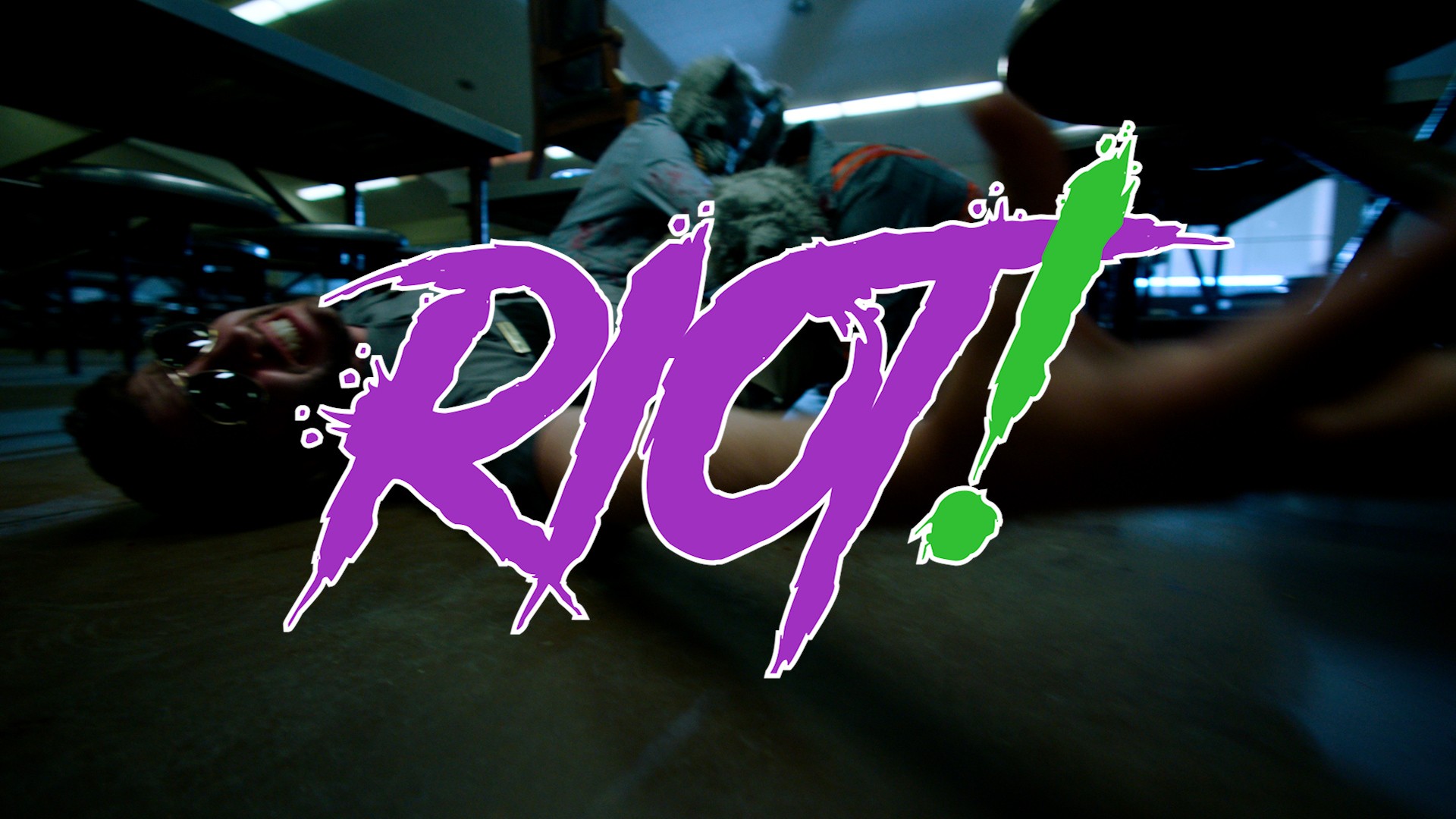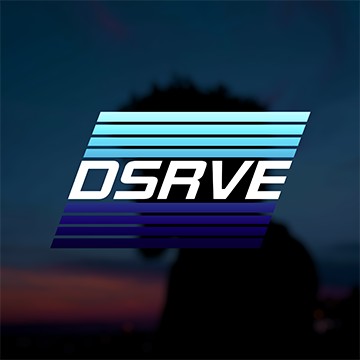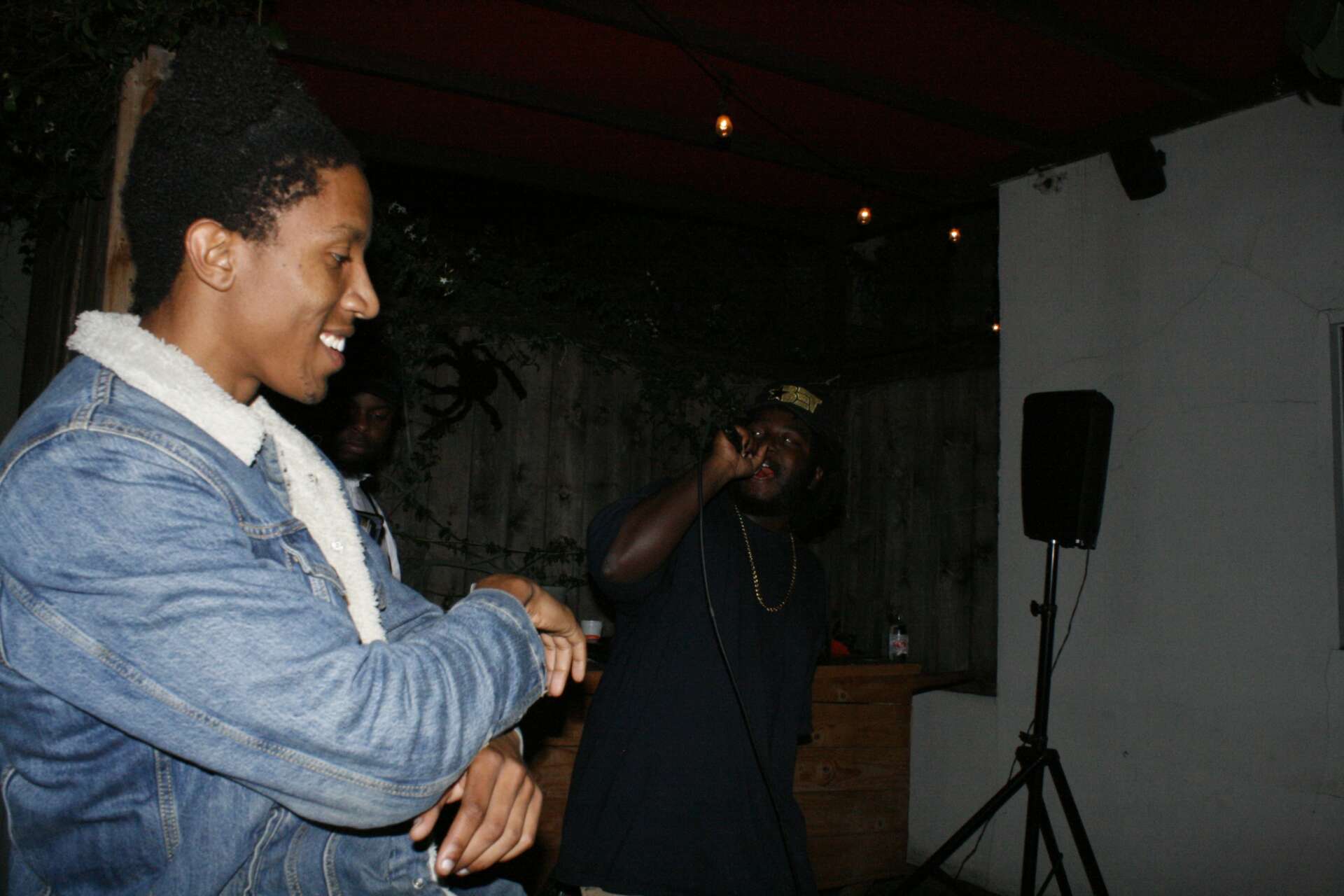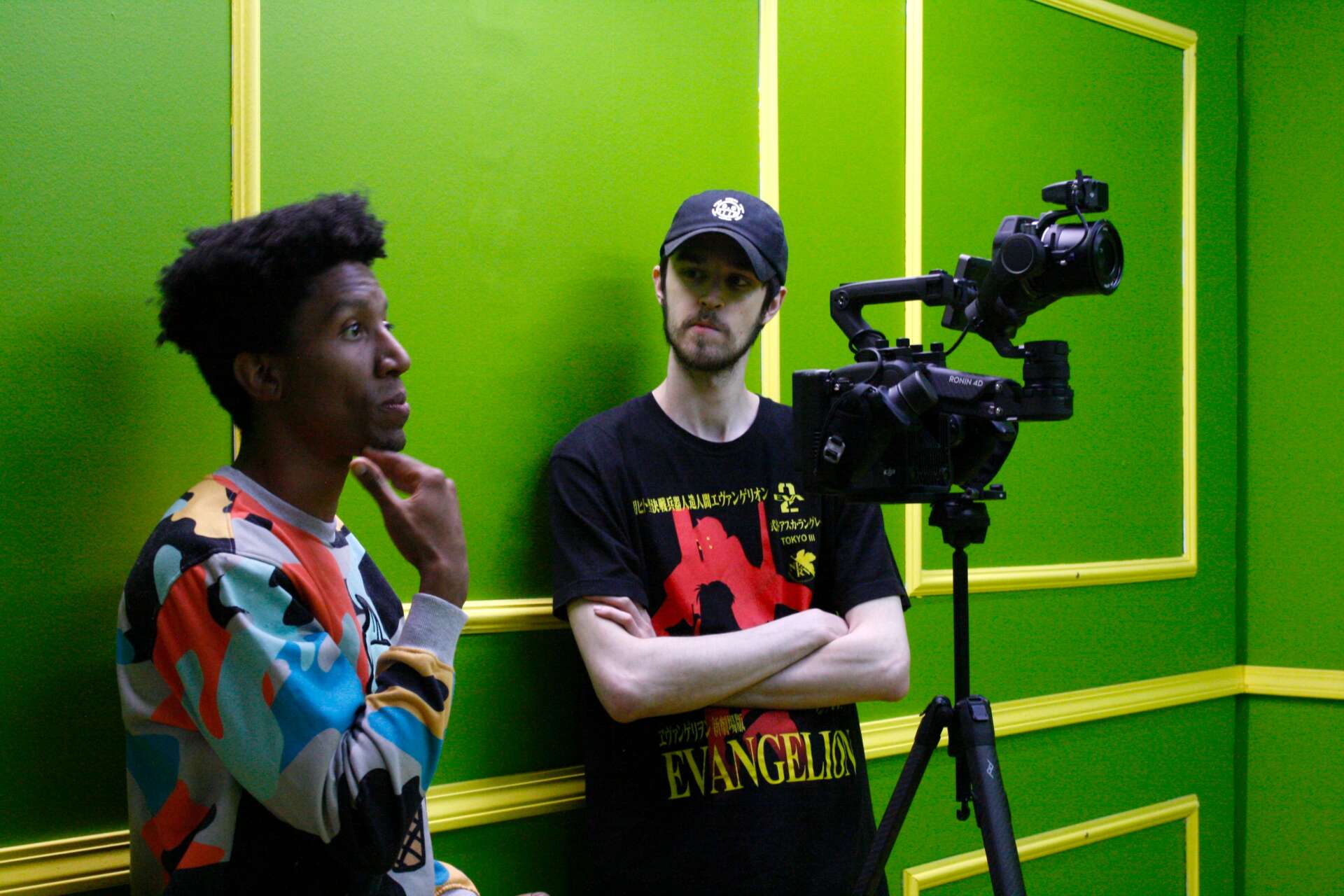Alright – so today we’ve got the honor of introducing you to Chaz Hawkins. We think you’ll enjoy our conversation, we’ve shared it below.
Chaz, thanks for joining us, excited to have you contributing your stories and insights. Can you open up about a risk you’ve taken – what it was like taking that risk, why you took the risk and how it turned out?
So I decided to pursue film all in one week during my senior year of college at Duke University. You see, I studied Public Policy all of undergraduate. For those who don’t know, that’s essentially the study of the art of politics, and I was expected to graduate with my degree in 2017. I always hoped to bring about social change to better the lives of my fellow black Americans through policy. I naively aspired to be like Barack Obama, which just was somewhat ignorant of me. Anyways, to make matters worse, that fall I was profoundly shocked when Donald Trump was elected to serve as our next President. It disillusioned me from the entire process of politics, and made me feel like I’d wasted my entire education because a man with such clear awful motives had been made Chief of this nation. I had to pivot for my own sanity. In the background, I’d always fostered this love of art, poetry and theater, in particular. They always served as escapes for me when school or athletics got too overwhelming, so when Trump took the oath, I made an oath to myself that I’d find a way to still have an impact and bring about social change but outside of politics. Unfortunately, I was in my second to last semester at Duke. It was chaotic time, and I spent that semester lost trying to figure out what was next. I dutifully applied to law schools and business schools for graduate study at the behest of my parents, but none of them felt right for me. I had things to say, and I didn’t feel like I could speak unfettered in those spaces. By the time my final semester came around a brilliant movie came out and enraptured America. Jordan Peele’s GET OUT. The horror of the film combined with the conversations people everywhere seemed to have about it showed me the power of film and after seeing it I searched high and low to find a film school that I could go to to learn the craft of screenwriting. Ironically, that same week was the deadline for the only major film school left in Los Angeles that was accepting applications, so I got a book on screenwriting from a professor, read it, and wrote my very first ever pilot for the application (which was a whopping 60 pages). Combine that, with a short story (around 30 pages) and the essays (around 10 pages), and completed the entire application in a week with nearly 100 pages of material that I didn’t get to proofread, peer review, or anything. Just sent it off and hoped for the best, I guess. A couple months later, I got a miraculous call from that school, Loyola Marymount University. I was one of 17 students to be admitted into their newest class of MFA screenwriters and I never looked back.


As always, we appreciate you sharing your insights and we’ve got a few more questions for you, but before we get to all of that can you take a minute to introduce yourself and give our readers some of your back background and context?
I got into this on a whim, and then took time to incubate in graduate school at LMU (go lions!). After graduating, I catapulted into the industry with the help of a fabulous script, THE SAUCE, which made Franklin Leonard’s Black List in 2020. Since then, I’ve launched a company Mezmer, Inc. written for shows on Max and Amazon Prime (be on the lookout for FALLOUT! May see a familiar name on an episode) as well as continued to produce features for both larger studios and independent outfits. I’ve also moved more firmly into the director’s chair taking on music videos and preparing for my long form feature directorial debut. My stories typically center around black narratives in southern gothic contexts. I like to think that I provide a black lens on the genre that attacks the injustices forced upon black folks in America both today in centuries past. Our goal at Mezmer is to breakdown the southern racial construct that I grew up in through wildly inventive, but conscientious entertainment, and I like to think that we do that pretty well. With a slate of projects ahead of us, I guess only time will tell. We’ve also created a label imprint within the brand to expand our reach into music partnering with our first major act Jordan Webb.

For you, what’s the most rewarding aspect of being a creative?
I love getting to critique society and point a mirror back at the audience. To me, that brings about social change, in the way that GET OUT did all those years ago. It makes me unbelievably happy to simply plant a nugget in my audience’s head about something they should think more about or even Google after watching a film of mine.

In your view, what can society to do to best support artists, creatives and a thriving creative ecosystem?
Democratize it. We’re seeing a lot of consolidation at the top of the industry, which doesn’t bode well for all of us creatives (hence the necessary strikes). We’re also seeing a lot of filmmaking being simplified to just taking your phone out of your pocket and turning the camera on, which has exposed the diversity of stories that we could tell as an art form. Film’s becoming much more independent. The more people do to support independent filmmaking the better, and today post the WGA Strike it truly feels like indie’s are back on the rise. So go out and go see them!

Contact Info:
- Instagram: https://www.instagram.com/mezmermademe/
- Linkedin: https://www.linkedin.com/in/chaz-hawkins-2114708b/
- Youtube: https://www.youtube.com/channel/UCc6RfT143_htAAMZo-WU12g
- Other: email: [email protected] Spotify: https://open.spotify.com/playlist/53a0oiAjgQOPQv5W2mgt4a
Image Credits
Emily Grams Fiori van Rijswijk Paige Mount


